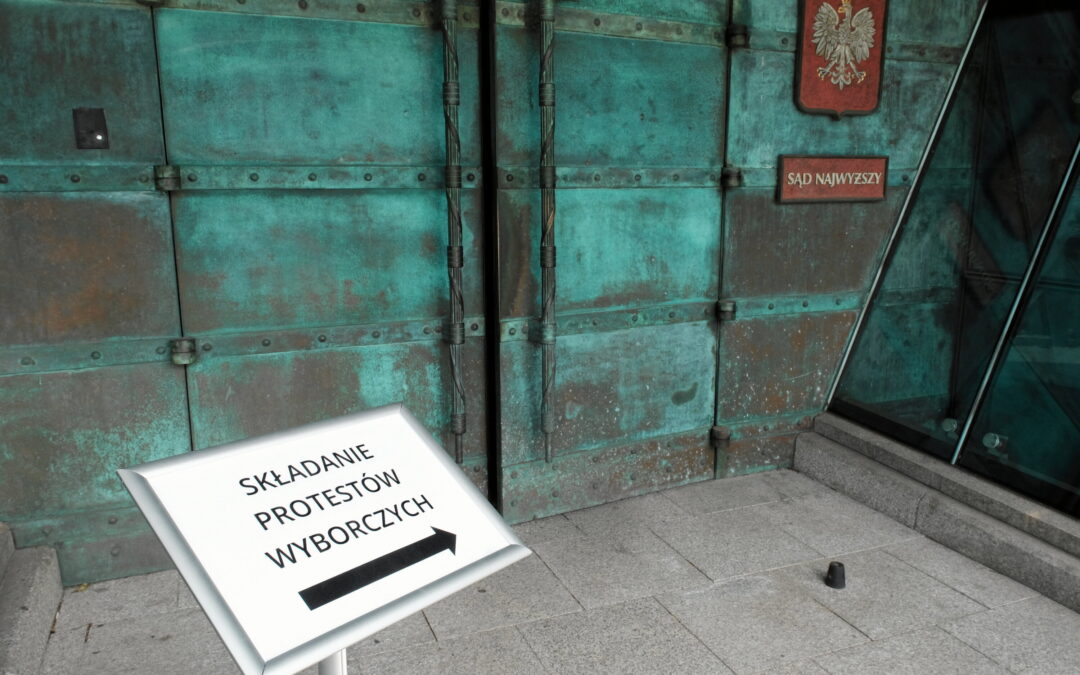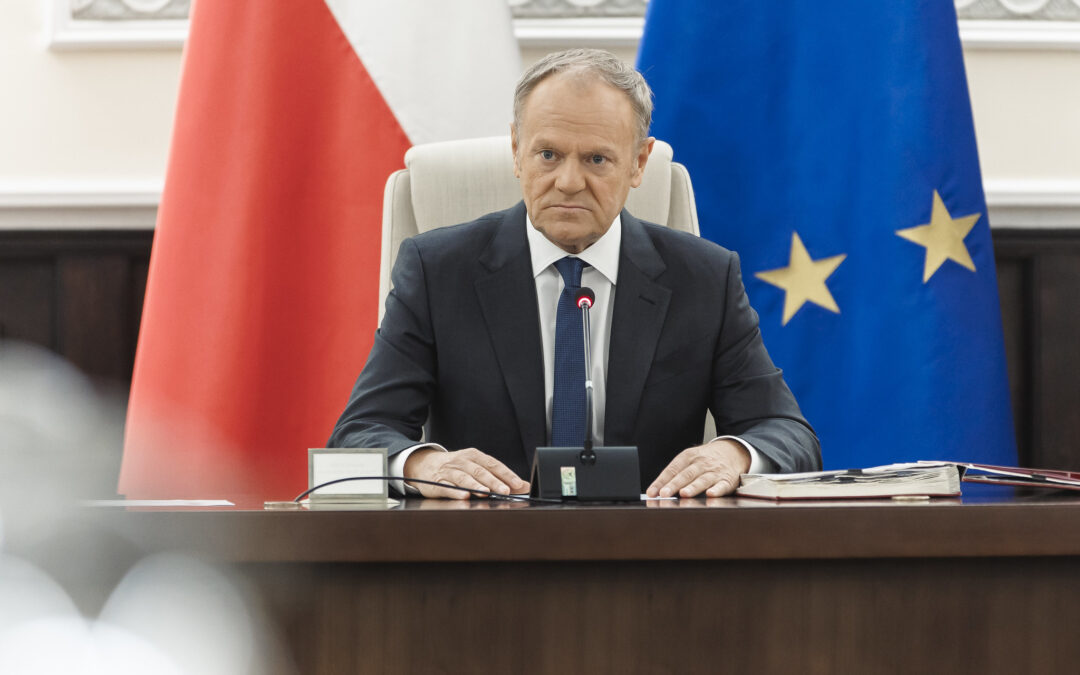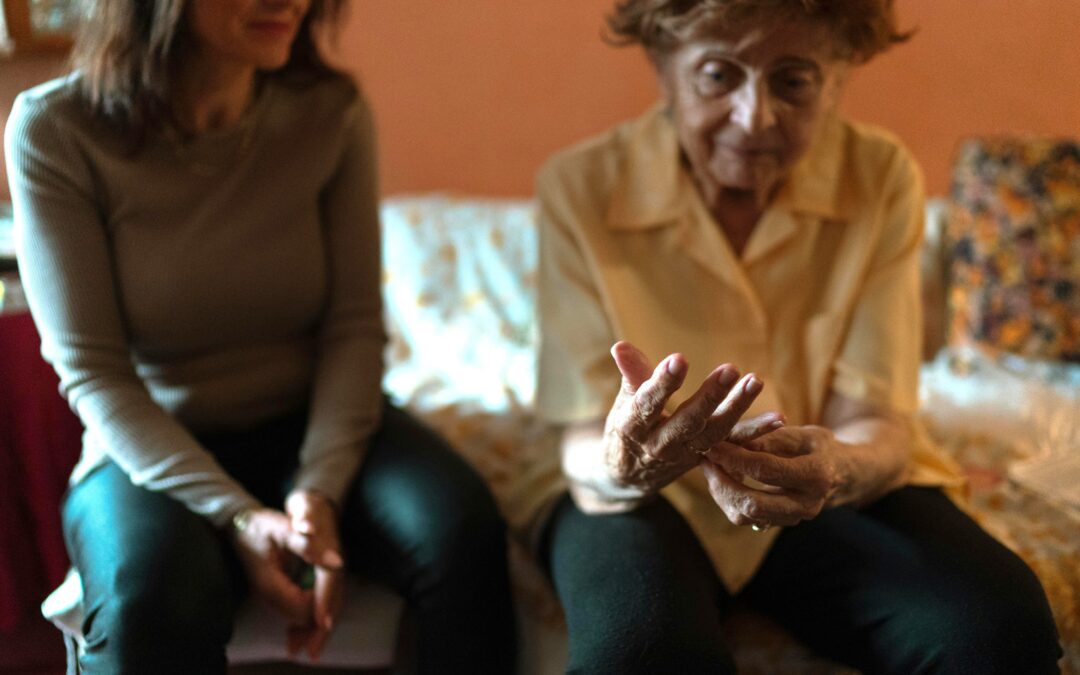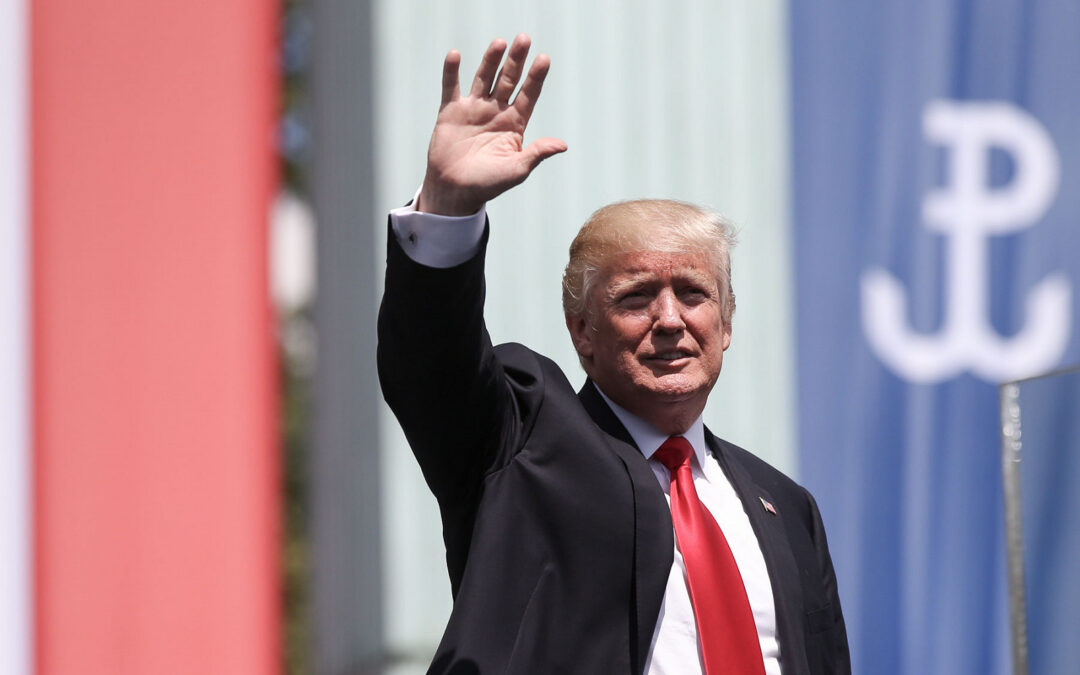Keep our news free from ads and paywalls by making a donation to support our work!

Notes from Poland is run by a small editorial team and is published by an independent, non-profit foundation that is funded through donations from our readers. We cannot do what we do without your support.
Two judges of the Supreme Court chamber tasked with validating the results of the recent presidential election have been removed from duty after questioning the legal status of the chamber.
The controversy adds to the question marks that have emerged around the election, given that the chamber of extraordinary oversight and public affairs – which was created under the former Law and Justice (PiS) administration – is not recognised by the current government and European courts.
Dwóch sędziów nieuznawanej Izby Kontroli Nadzwyczajnej i Spraw Publicznych zostało odsuniętych od orzekania w sprawie protestów wyborczych. Rzecznik Sądu Najwyższego stwierdził, że jeżeli tym sędziom nie pasują obecne ramy prawne, to "powinni złożyć urząd".https://t.co/0Q9C6sYmB7
— tvn24 (@tvn24) June 23, 2025
On Monday, a Supreme Court judge from another chamber, Piotr Prusinowski, told broadcaster TVN that the head of the chamber of extraordinary oversight and public affairs, Krzysztof Wiak, had removed two of his judges from ruling on protests filed against the recent presidential election.
The two judges in question, Leszek Bosek and Grzegorz Żmij, had been refusing to carry out tasks assigned to them because they recognise a 2023 ruling by the Court of Justice of the European Union (CJEU) finding that the chamber is “not an independent and impartial tribunal established by law”.
The reason for that CJEU ruling – and for the current government’s similar view – is that the chamber is filled with judges nominated by the National Council of the Judiciary (KRS) after it was overhauled by PiS in a manner that rendered it no longer independent of political influence.
Fifteen months since the change of government, Poland's rule-of-law crisis continues – indeed, many Poles think the situation has got worse.@J_Jaraczewski explains the roots of the crisis, what its impact has been, and how it might be resolved https://t.co/7KOCURV3dU
— Notes from Poland 🇵🇱 (@notesfrompoland) March 17, 2025
After Prusinowski’s comments to TVN, the Supreme Court’s spokesman, Aleksander Stępkowski, also confirmed to TVN that Bosek and Żmij had been removed from duty.
“We are committed to reviewing all election protests and adopting a resolution on the validity of the presidential election,” said Stępkowski. “However, two judges regularly suspend proceedings, making it impossible to proceed in these cases.”
“We are dealing with a situation in which these judges refuse to adjudicate; they believe that the chamber should not function in this form,” he continued. “If these judges are not satisfied with the institutional and legal framework in which the chamber of extraordinary oversight and public affairs operates, they should resign.”
There have long been concerns that the disputed legal status of the chamber could cast doubt on the Supreme Court’s duty to validate the results of the presidential election.
However, the same chamber also validated the 2023 parliamentary elections that brought the current government – a coalition led by Prime Minister Donald Tusk – to power, as well as the European and local elections in 2024 that were won by Tusk’s coalition.
Earlier this year, parliament – where Tusk has a majority – approved a bill that would have changed the way the Supreme Court validates the presidential election result. However, it was vetoed by President Andrzej Duda, an ally of PiS, which is now the main opposition party.
Late on Monday, justice minister Adam Bodnar wrote that “if even two judges [who are] members of the chamber do not trust this chamber, how can the voters trust it?” He urged Duda to withdraw his veto or “otherwise legal doubts will remain as to the validity of the Supreme Court’s ruling”.
Udział Prokuratora Generalnego w postępowaniach przed Sądem Najwyższym dotyczących protestów wyborczych jest niezbędny dla prawidłowości przebiegu tych postępowań. Ze swojej strony wykorzystam wszystkie możliwości, by każdy z protestów został rozpatrzony zgodnie z prawem i by…
— Adam Bodnar (@Adbodnar) June 23, 2025
The Supreme Court has 30 days to validate election results after they are made public. In this case, that means it must do so by 2 July. On Monday, the president of the Supreme Court, Małgorzata Manowska, confirmed that they had received over 50,000 protests relating to the presidential election.
In particular, some figures from the ruling coalition have pointed to cases in which votes from Rafał Trzaskowski, the deputy leader of Tusk’s centrist Civic Coalition (KO), were erroneously counted as being for Karol Nawrocki, the PiS-backed candidate who eventually won the election.
A handful of such cases have already been officially confirmed. However, the number of votes involved is nowhere near enough to overturn Nawrocki’s 370,000-vote margin of victory. Nevertheless, some figures from the ruling camp, including Tusk himself, have suggested a full vote recount may be necessary.
On Monday, Manowska told broadcaster Radio Zet that over 90% of the protests the Supreme Court has received are “duplicates” based on a template “irresponsibly” shared by Roman Giertych, an MP from Tusk’s coalition.
🎥 Prezes @SN_RP_ Małgorzata Manowska: Liczba protestów wyborczych przekroczyła 50 tys. Ponad 90 proc. to "giertychówki". Parę tysięcy ma PESEL posła @GiertychRoman @RadioZET_NEWS #GośćRadiaZET @BogRymanowski
Cała rozmowa ⬇️https://t.co/MO773nhnfb pic.twitter.com/PY2rh38OD1
— Gość Radia ZET (@Gosc_RadiaZET) June 23, 2025

Notes from Poland is run by a small editorial team and published by an independent, non-profit foundation that is funded through donations from our readers. We cannot do what we do without your support.
Main image credit: Slawomir Kaminski / Agencja Wyborcza.pl

Daniel Tilles is editor-in-chief of Notes from Poland. He has written on Polish affairs for a wide range of publications, including Foreign Policy, POLITICO Europe, EUobserver and Dziennik Gazeta Prawna.



















